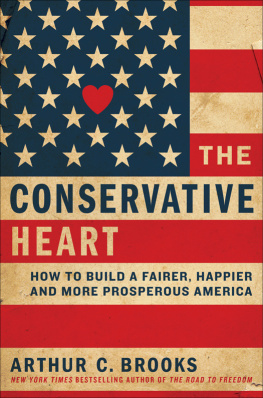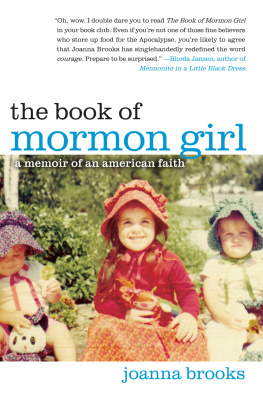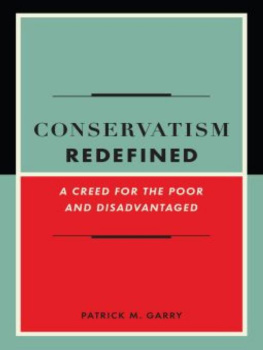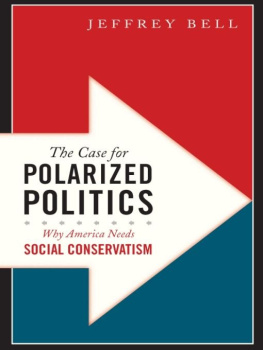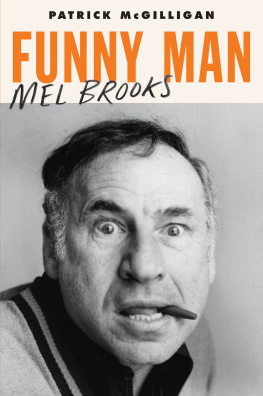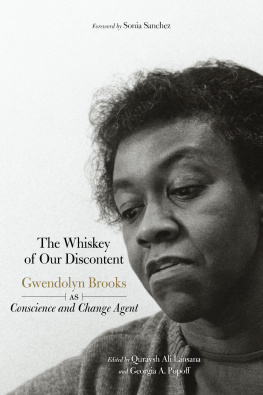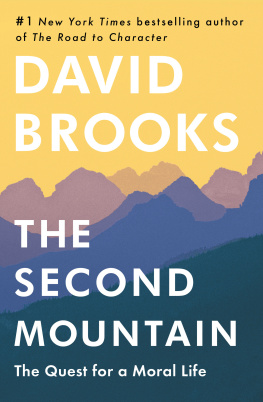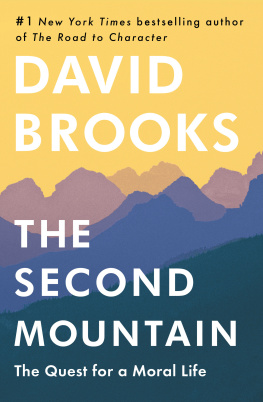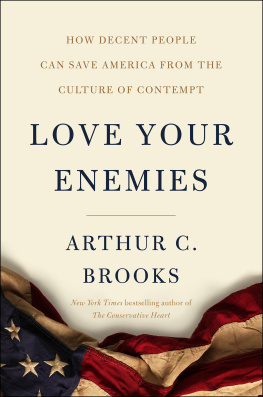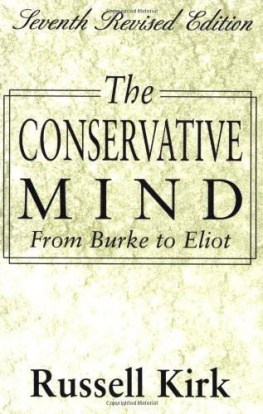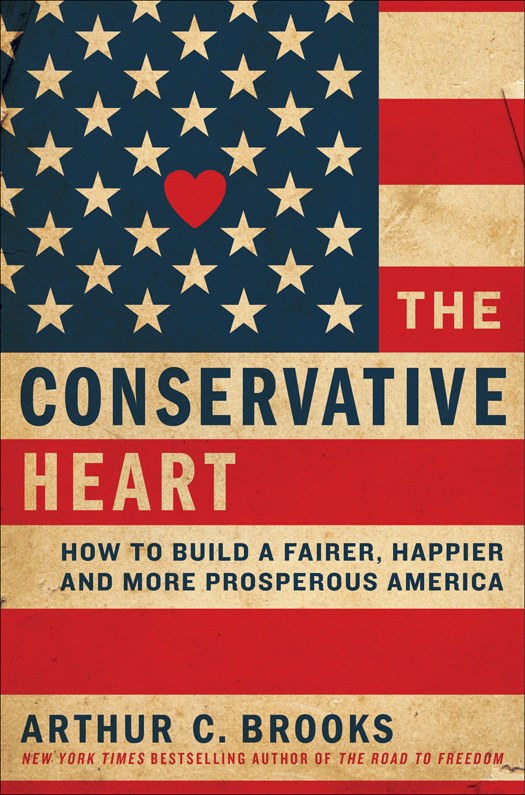

In memory of James Q. Wilson

CONTENTS

Guide


I remember the first time I saw real poverty. It was the early 1970s, so I would have been seven or eight years old. Flipping through a copy of National Geographic magazine, I found a heartbreaking photo. It showed a malnourished African boy, about my own age, with flies on his face and a distended belly.
I had never seen poverty like that before. True, by todays standards, my childhood neighborhood in Seattle would be considered pretty austere. As far as I know, my parents were the only ones in our working-class neighborhood with a college education. Some of our neighbors relied on food stamps. Most of the families were headed by a single parent. But compared to that photo in National Geographic, my neighborhood seemed like Beverly Hills.
The tragic image provoked two sensations in me. The first was helplessness. There was really nothing I could do for the boy, besides offering up some prayers or maybe sending my allowance to UNICEF. Even as a little kid, I grasped that anything I could personally do would be inadequate.
After helplessness came indignation. It was not fair that I was well fed and loved in my home in Seattle while that boy was starving to death in Africa through absolutely no fault of his own.
Of course, poverty didnt just affect children in Africa. I was born on May 21, 1964, one day before President Lyndon B. Johnson gave his famous speech announcing the Great Society. As I would learn later, it was a time of growing awareness of the crushing poverty that existed in places like Appalachia and Mississippi, as well as Americas cities. We were recognizing that the poverty in our midst was an affront to our sense of fairness, and to the principle that everyone in America deserves a fair shot and a square deal. Was our domestic poverty less severe than that in Africa and India? Sure. But any poverty in a great nation like ours was a problem we had to solve.
I grew up, went to school, found a job, and started a family. But that image of the boy from National Geographic stayed with me. Not infrequently, I would look back and wonder, what happened to that boy? Of course, there is no way to know his specific fate. But more generally, I wondered, what happened to desperately poor people like him? Was life better or worse?
We know the answer. Poverty still exists around the world, of course. But on the whole, it has fallen dramatically since I was a kid. Consider the circumstances of the worlds poorest peoplethose who live on a dollar a day or less, which is a traditional measure of starvation-level poverty. This percentage has fallen by 80 percent since 1970, adjusted for inflation. When I was a child, more than one in four people around the world lived on that amount or less. Today, only about one in twenty live on that little. This is the greatest antipoverty achievement in world history.
So how did this remarkable transformation come to pass? Was it the fabulous success of the United Nations? The generosity of U.S. foreign aid? The brilliant policies of the International Monetary Fund and the World Bank? Stimulus spending and government redistribution?
No, it was primarily none of those things. Billions of souls around the world have been able to pull themselves out of poverty thanks to five incredible innovations: globalization, free trade, property rights, the rule of law, and entrepreneurship. And by the way, in places like East Asia, these five things were all made possible by the historic peace after World War II that resulted from Americas global diplomatic and military presence.
Back when I was a kid, when we Americans saw the worlds poor, they saw us, too. We saw their poverty; they saw our freedom and our prosperity. They threw off the chains of poverty and tyranny by copying our American ways. It was the free enterprise system that not only attracted millions of the worlds poor to our shores and gave them lives of dignity, but also empowered billions more worldwide to pull themselves out of poverty.
The ideals of free enterprise and global leadership, central to American conservatism, are responsible for the greatest reduction in human misery since mankind began its long climb from the swamp to the stars. This remarkable progress has been Americas gift to the world.
But what about poverty right here at home? Paradoxically, here we have less reason to celebrate. To be sure, poor Americans have made material advances since I was a boy, like the rest of society. And in absolute terms, the American poor live more comfortably than poor people in the developing world. But relatively speaking, our progress in defeating poverty has been utterly substandard. While our values have been beating back poverty around the globe, the poverty rate here in America remains virtually unchanged since Lyndon Johnsons day. While American-style free enterprise has radically reduced poverty around the world, our own progress against domestic poverty has ground to a halt.
Even more paradoxically, it is precisely the loudest champions of free enterprisethe heroes of poverty relief in the developing worldwho the public trusts the least to fight for struggling people here at home. Conservatives have the most effective solutions for human flourishing in our intellectual DNA. Our ideas have lifted up people all over the world. But the American people do not trust us to put those principles into practice to help those who need help right here.

MY WINDING PATH TO THE RIGHT

I didnt start out as a conservative. First I was a musician, and a liberal bohemian one at that. My hometown of Seattle is one of the most progressive cities in America. And my early path made me exactly the sort of slacker that right-wingers love to make fun of. I dropped out of college at nineteen to pursue my dream of making my living in classical music. During what my parents referred to as my gap decade, I traveled the world playing concerts, barely making my rent every month, and having a blast.
What was I pursuing? Happiness, of course. By my late twenties, I had a steady gig in the French horn section of the Barcelona Symphony Orchestra. I had moved to Spain to convince a girl named Ester to marry mewhich she did. Every night in Barcelona, I got to play the greatest music ever written. On paper, I had achieved exactly what I had hoped for. I had defined happiness as the freedom to pursue my dreams to make music and travel the world, and Id attained exactly that.

